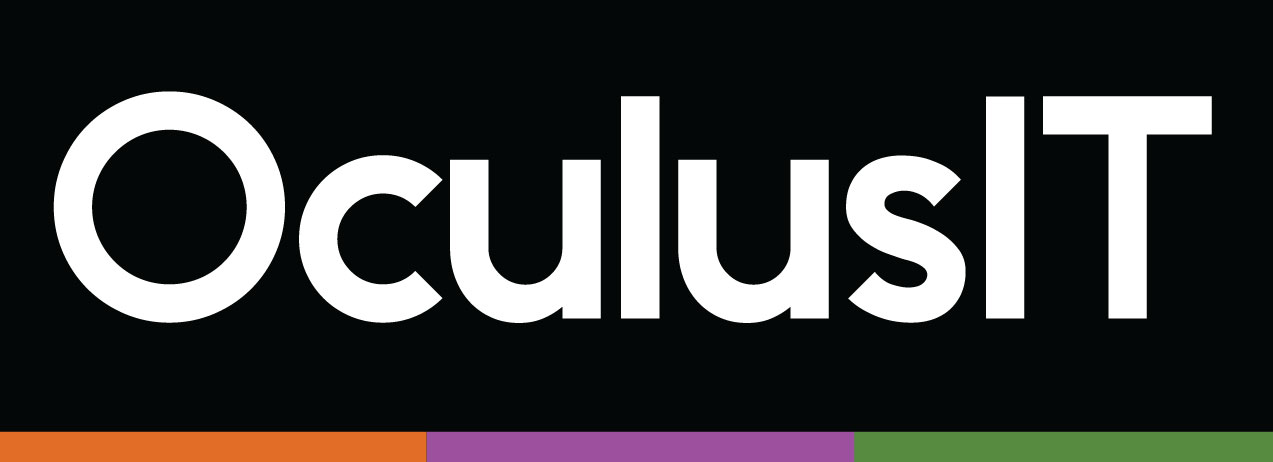How 24×7 IT Support Became a Competitive Advantage in Student Retention
When students think about their campus experience, they often recall classes, professors, or student life. Rarely do they think about IT support unless it fails them. A late-night login issue during finals, an inaccessible portal when financial aid deadlines hit, or a learning management system outage on a Sunday evening can become the frustrations that drive disengagement.
For colleges and universities working to improve retention, these seemingly small technical barriers matter. Reliable, responsive IT support is no longer just a back-office function. It is a core part of the student experience, one that increasingly shapes whether students persist or walk away.
Why Daytime Only IT Support No Longer Work
Many institutions still rely on in-house IT teams that provide support only during business hours. While this may have worked when campuses operated in-person and technology played a smaller role, it no longer reflects how students and faculty engage with systems today.
- Students complete coursework and access digital resources at all hours, especially evenings and weekends.
- Faculty rely on online platforms for grading, uploading materials, and communicating with students outside of class time.
- Critical processes like enrollment, advising, and financial aid often involve self-service portals that cannot afford downtime.
Daytime-only support leave gaps that create frustration, disrupt academic progress, and add stress to faculty and staff who are forced to wait for solutions.
The Cost of Delayed Resolution
Unresolved IT issues create more than temporary inconvenience. They ripple across the student experience and the institution’s reputation.
- A student locked out of the LMS may miss an assignment deadline and disengage.
- A financial aid portal outage may delay awards, creating anxiety for families.
- Faculty unable to access grading tools lose valuable instructional time.
Each of these scenarios has a measurable impact on retention and satisfaction. In a competitive higher education market, where institutions are fighting to keep students enrolled, IT reliability becomes an underappreciated but powerful factor in success.
What Effective 24×7 IT Support Looks Like
Around-the-clock support is more than just answering calls. It combines people, processes, and proactive monitoring to ensure a seamless digital experience:
- Real-time resolution through phone, chat, and ticketing, available whenever issues arise
- Proactive monitoring to detect and address outages before they disrupt students and faculty
- Scalable coverage during predictable spikes, such as enrollment periods or final exams
- Cross-platform expertise to support ERP, SIS, LMS, and financial aid systems that students and staff depend on daily
This model ensures that students are not left waiting, faculty can continue teaching, and operations keep running smoothly even outside normal office hours.
Linking IT Support to Retention Outcomes
Retention strategies often focus on advising, student engagement, and academic support. Yet IT support underpins all of these. A student cannot benefit from advising if the portal is down. Faculty cannot deliver engaging instruction if systems crash mid-class. Leadership cannot rely on data-driven strategies if infrastructure is unreliable.
By ensuring uninterrupted access to digital resources, 24×7 IT support strengthens every aspect of the student lifecycle. It reduces frustration, builds trust, and signals that the institution is committed to supporting students whenever they need it.
How CIOs and Leaders Can Lead the Shift
Extending IT support does not always mean doubling internal staff. CIOs and leadership teams can take a strategic approach:
- Audit ticket volumes and identify when most requests are coming in
- Gather student and faculty feedback to understand how downtime impacts their experience
- Evaluate hybrid models that combine internal staff with outsourced support
- Focus on outcomes, not hours, and frame 24×7 support as a driver of retention, satisfaction, and institutional reputation
This perspective reframes IT support from a cost center to a strategic asset aligned with institutional priorities.
Why Always On Support Matters Now
The shift to digital-first higher education is here to stay. Online classes, hybrid models, and technology-enabled services will only expand. Students expect reliability, flexibility, and support at all times, not just during office hours.
Institutions that adapt will stand out for their responsiveness and student-centered approach. Those that do not will face higher frustration, disengagement, and ultimately attrition.
Ready to Make IT Support a Driver of Student Success?
Around-the-clock IT support is no longer optional. It is a competitive advantage that strengthens retention, improves faculty productivity, and reinforces institutional trust.
If your campus is ready to deliver the support students and faculty need, let’s connect to explore how always-on IT support services can transform your institution.






